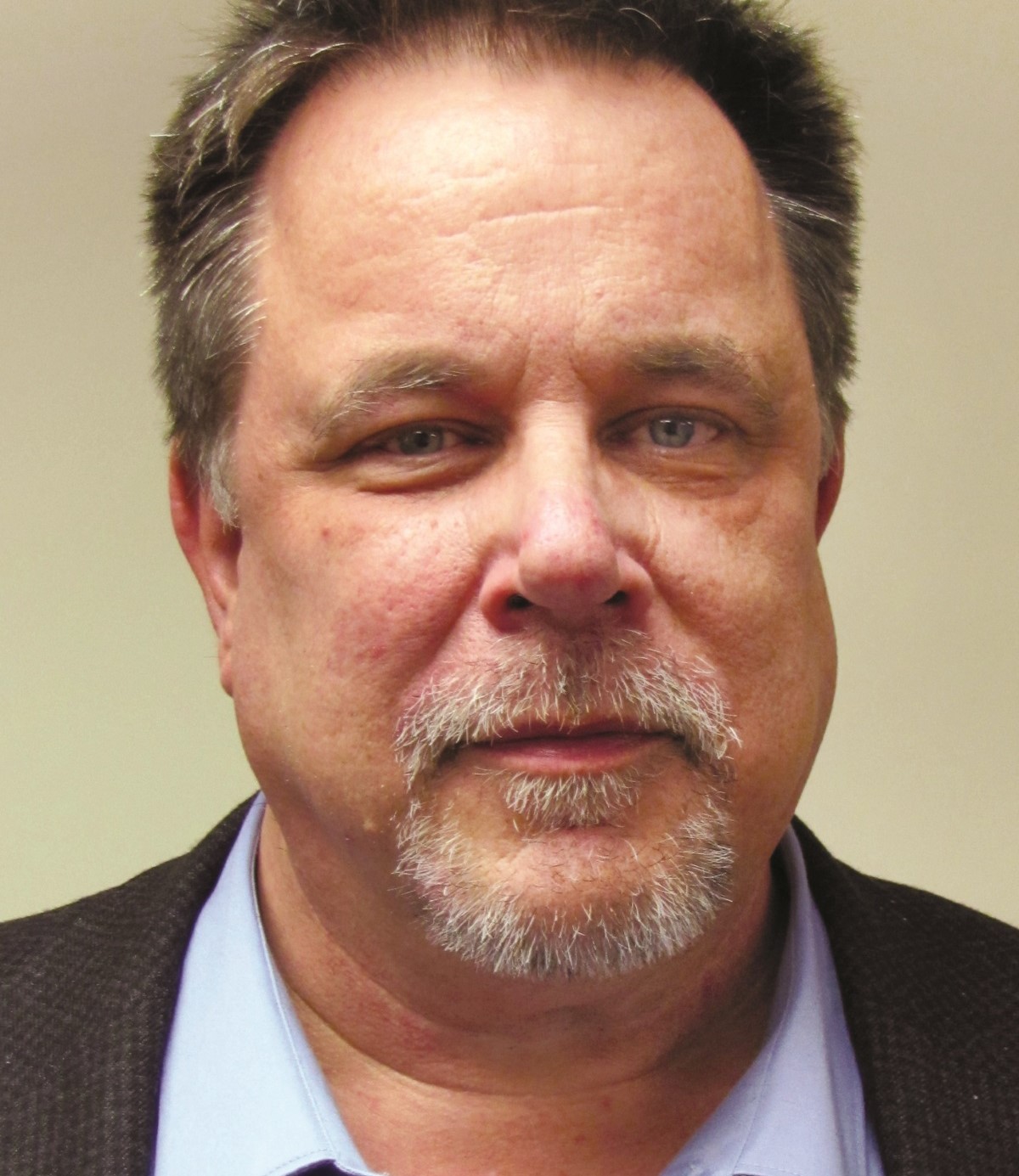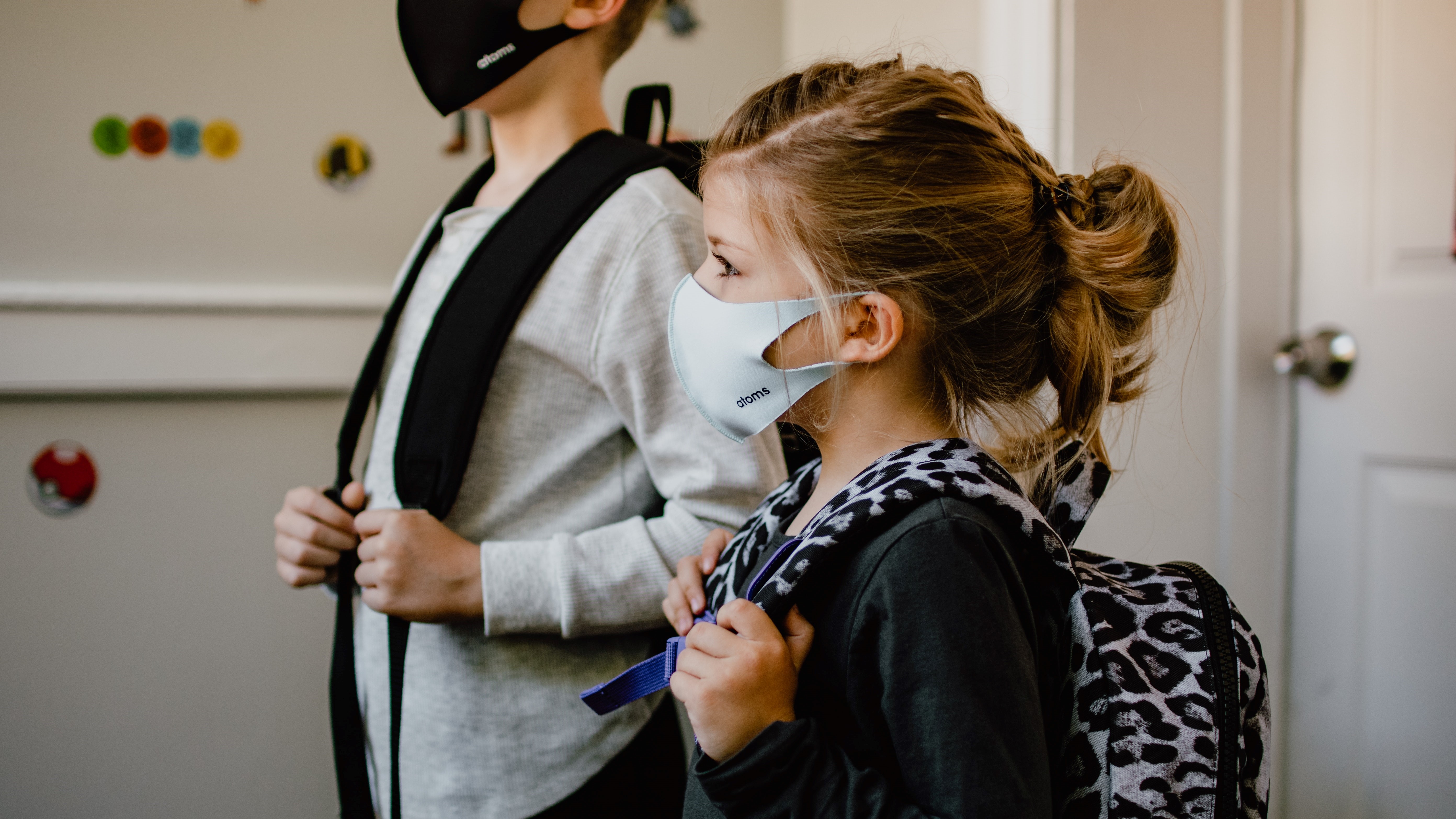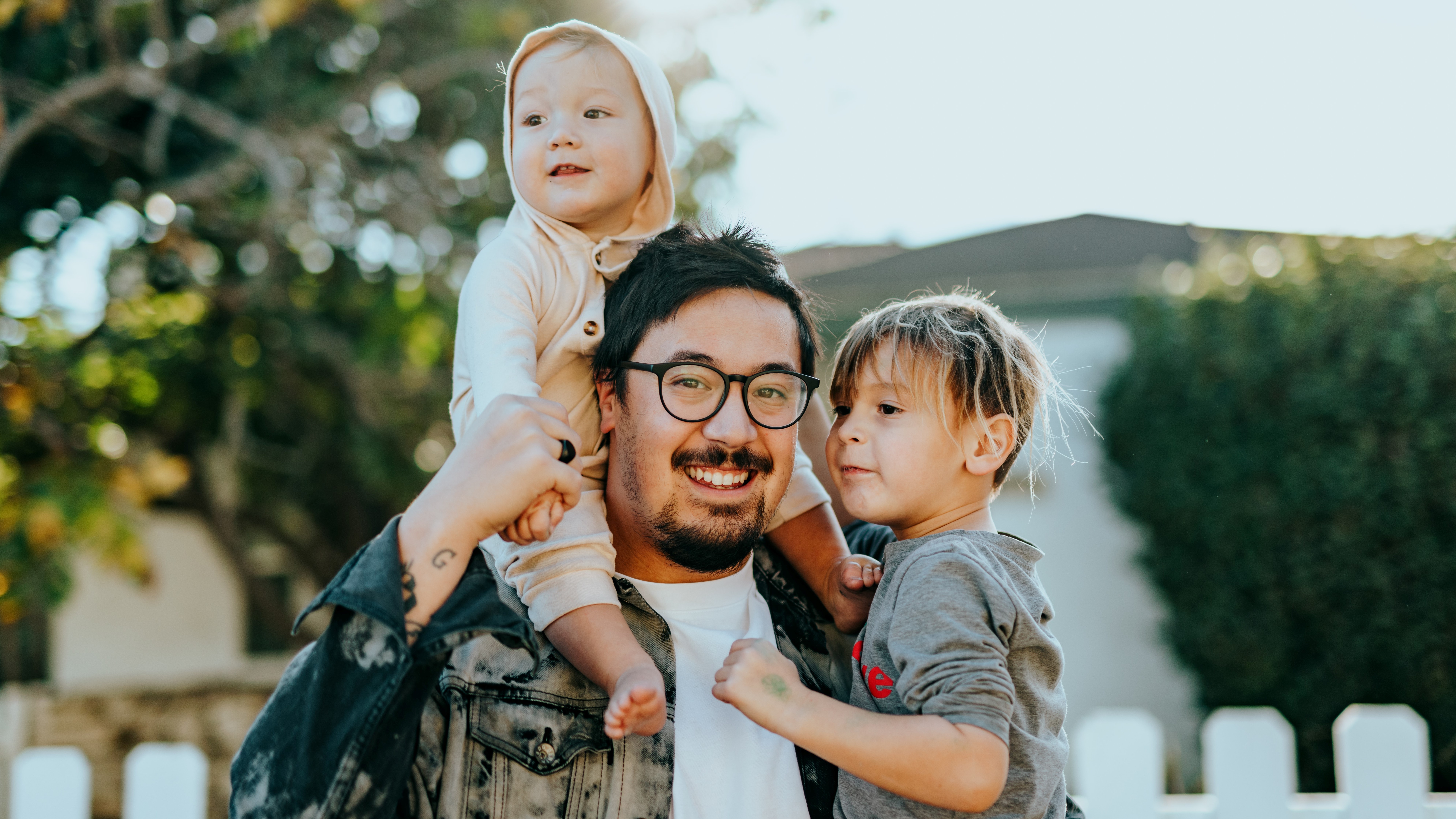It's not that we do so on purpose. Our intentions are good, but how we go about trying to help the poor often ends up keeping them poor.

Even when we come up with "good" solutions, often we only go part way. And sometimes what society offers the poor seems more punitive than helpful.
Income security benefits,for example, are to be blunt, disgraceful. People cannot live on what these benefits provide and it's not because poor people are bad at personal budgeting. For example if you are a single person, your income security allowance is $627.00 per month for food and accommodation (less if you live with family). And you can get a damage deposit of $350.00 once every three years. Who can live on that?
A single parent with two children will receive $997 per month in core benefits and can get a damage deposit of $1,000 every three years. Think you could live on that? Think about it. Do such rates seem somewhat punitive to you? Want to see more income security rates? Click HERE.
These are rates that at best help people just scrape by if they live in cheap, typically run down housing. They are not rates that help lift people out of poverty; rather, they keep people poor and deprived of opportunity.
When we come up with subsidies for the poor, we never seem to get it right. Sure, we reduce the fee for a bus pass, but for some reason we believe that makes a bus pass affordable for people with insufficient income for basic needs like housing, food, clothing, etc. Not only that, we engineer application processes that are at best unfriendly and worse become processes that appear to be designed to discourage people from applying for the subsidy.
Food banks tend to want to help a family only once per month. Let's face it, a hamper only goes so far, but somehow we want to believe a food hamper solves the problem and needing another one constitutes cheating the system or represents poor budgeting by the family. We have no real rationale for those conclusions but we believe that limiting help is somehow the right thing to do.
As I have written before, Bissell Centre used to require people in need of clothing or winter gear to see an intake worker and undergo a bit of assessment to see if they actually needed free clothing or a coat. We seemed concerned that we not give another cost to a mother or child if we had given them one a month ago. Although we didn't say so, it was as if that asking again would also constitute cheating the system. Today, people who ask for free clothing and coats receive them. No assessment. It's hard enough for a parent to ask for this help, but humiliating when we require them to prove themselves worthy of such simple charity.
A friend sent me an article recently on resiliency, a hot topic for us in the helping profession. We see part of our jobs to help the poor become resilient without really asking ourselves what that really means. For example, what does resiliency mean when a landlord kicks out a family for complaining about not having hot water? Are we really thinking a single mother with two kids who receives $997 per month to live on has a resiliency problem? Do we actually expect them to "bounce back" from such realities?
There are of course people who believe being poor is primarily the result of personal laziness or some other personal deficiency. It's the old "just get a job" mantra that some folks who are not poor like to hear themselves pronounce. But I suggest that too often those of us who understand poverty to mean much more than personal fault still have feelings or biases that stop us from "helping too much."
We have emergency funds that have low ceilings on how much help will be provided. So, if your emergency costs $1,000 and the most you can get is $500, the emergency still exists despite our so called generosity and good will.
The battle to end poverty and all that it means to people and to our community is a noble battle to undertake, but ending poverty will require a shift in our collective attitudes toward the poor and disadvantaged. We need to stop blaming people for their mental illness. We need to understand trauma and how it debilitates people, often generationally.
Finding the right economic and social solutions to poverty doesn't just mean the poor need to get their act together. It means all of us do. You. Me. Us.
Visit Mark's website: http://www.markholmgren.com/
Follow Mark on Twitter: @mjholmgren





